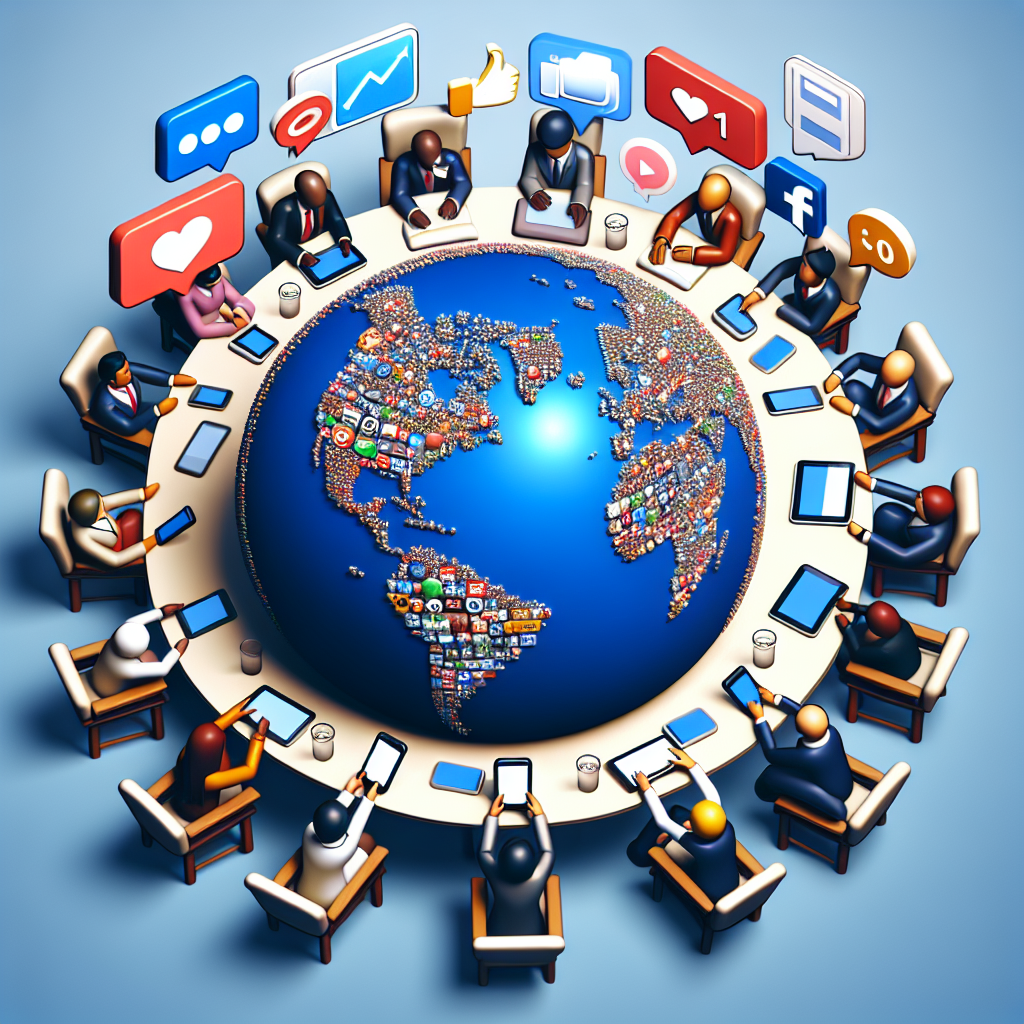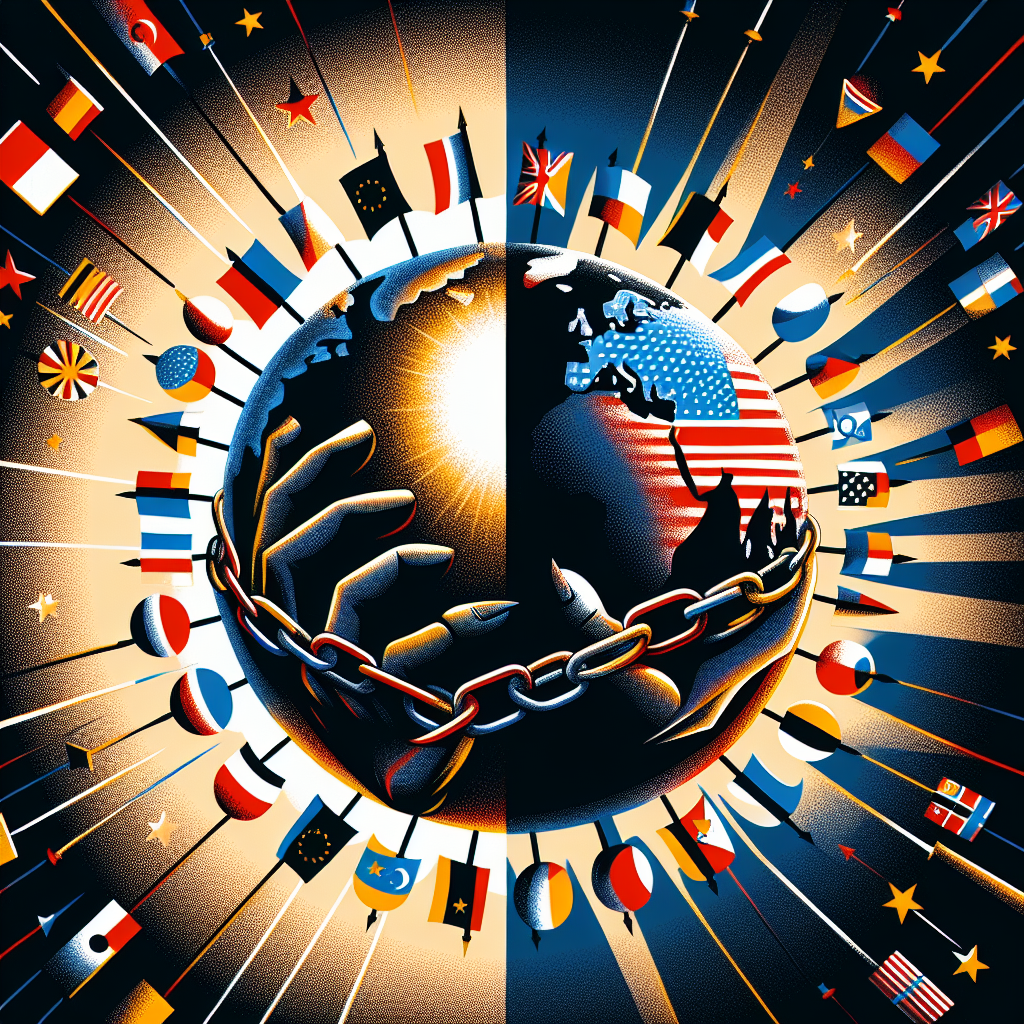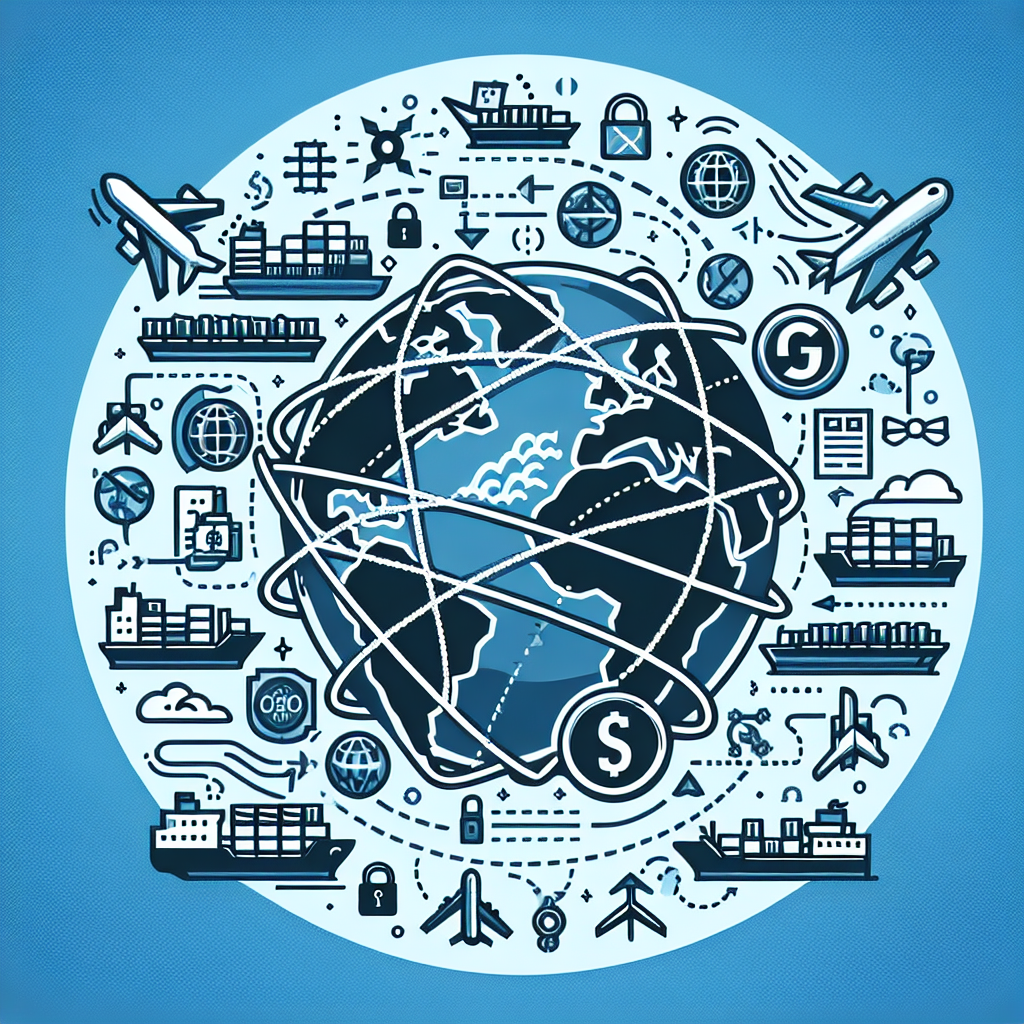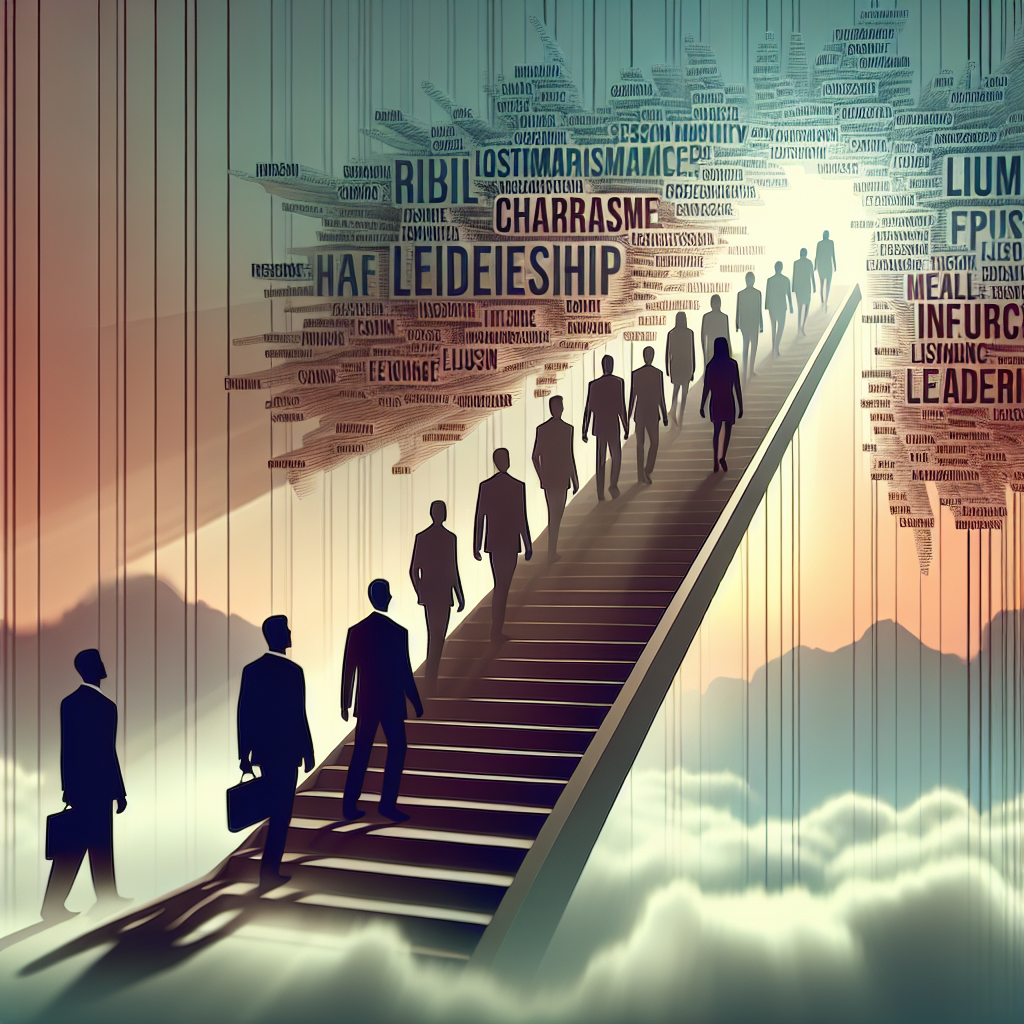
The Impact of Social Media on Political Discourse
In the modern digital age, social media platforms have transformed the landscape of political discourse in remarkable ways. As we navigate through the complexities of 2025, the influence of social media on politics has reached unprecedented levels, shaping public opinion, mobilizing political movements, and altering the dynamics of traditional media. By examining the multifaceted ways social media affects political discussions, we can better understand its implications for contemporary society and democracy.
Understanding Social Media’s Role in Political Engagement
Social media platforms like Twitter, Facebook, and Instagram have become vital tools for political engagement. These platforms enable politicians and political organizations to communicate directly with the electorate, bypassing traditional media filters. This direct line of communication allows for immediate feedback, enabling politicians to gauge public sentiment in real-time. In 2025, we witness a trend where many political campaigns leverage social media analytics to tailor messages to specific demographic groups, increasing their chances of resonance with targeted audiences. This form of micro-targeting enables campaigns to not just reach potential voters, but to engage them on topics that matter most to them, thus fostering a culture of personalized political discourse.
Furthermore, social media acts as a mobilizing force during elections and social movements, helping to organize events and galvanize supporters. For example, in the 2024 global elections, numerous movements across various countries utilized platforms like WhatsApp and TikTok to mobilize grassroots support and share vital information rapidly. The ability of individuals to share their opinions, rally others, and disseminate information instantaneously enhances civic engagement and, in many cases, results in higher voter turnout. As we move further into 2025, the capacity for social media to foster civic activism remains crucial for the political landscape.
The Spread of Misinformation and Its Consequences
While social media promotes engagement, it also facilitates the rapid spread of misinformation. In recent years, including the past election cycles leading into 2025, the proliferation of false information has posed a significant challenge to political discourse. Platforms not only serve as outlets for genuine discussions but also become breeding grounds for fake news and conspiracy theories. Algorithms designed to maximize engagement often prioritize sensational content over factual reporting, making it increasingly difficult for users to discern truth from falsehood. The implications of this misinformation are far-reaching, potentially shaping electoral outcomes and eroding trust in democratic institutions.
In response to these challenges, social media companies have implemented various strategies to curb misinformation, such as fact-checking initiatives and content moderation policies. However, these measures often face criticism regarding their effectiveness and potential biases. As societies navigate this evolving landscape in 2025, the discourse surrounding the responsibility of social media platforms intensifies, drawing attention to the balance between free expression and the need to combat harmful misinformation.
Polarization and Echo Chambers in Political Discourse
Another significant impact of social media on political discourse is the phenomenon of polarization. Social media allows users to curate their news feeds according to personal beliefs and preferences, leading to environments often referred to as echo chambers. These digital spaces reinforce existing viewpoints while alienating opposing perspectives, fostering division within society. In 2025, we see a heightened concern regarding how these echo chambers contribute to political extremism and the overall toxicity of discourse. Users are often exposed predominantly to information that confirms their biases, which can hinder healthy debate and compromise essential for democratic governance.
Moreover, algorithms that prioritize engagement over diverse viewpoints exacerbate these divisions. The tendency for individuals to interact with like-minded individuals leads to an erosion of dialogue with those who hold contrary opinions. This scenario poses a grave threat not only to political discourse but also to social cohesion, as increasingly fragmented groups find it difficult to engage in constructive conversations. As the political landscape continues to evolve in 2025, addressing the consequences of polarization and seeking pathways for unity becomes imperative for the health of democracy.
The Role of Influencers and Citizen Journalism
Influencers and citizen journalists have emerged as key players in shaping political discourse through social media. Individuals with large followings can significantly impact public opinion and mobilize their audiences around specific causes or candidates. In 2025, we observe several high-profile cases where social media influencers have taken on the role of political advocates, utilizing their platforms to raise awareness around pressing social and political issues. This accessibility allows for voices traditionally marginalized in mainstream media to flourish, expanding the landscape of political discourse.
However, the rise of influencers and citizen journalism brings challenges regarding credibility and accountability. Unlike professional journalists, whose practices are often underpinned by ethical standards and editorial oversight, many social media influencers lack formal training in journalism. This lack of oversight can lead to the dissemination of misleading or unverified information, complicating the public’s ability to navigate political discourse effectively. As we continue to grapple with these issues in 2025, the relationship between influencers, accountability, and responsible communication warrants further examination.
The Future of Political Discourse in the Social Media Age
Looking ahead, the future of political discourse in the social media age appears both exciting and challenging. As new technologies and platforms emerge, we anticipate shifts in how political messages are crafted and consumed. The rise of artificial intelligence and algorithms may deepen personalized content delivery but could also risk creating more pronounced echo chambers and misinformation challenges. One significant development in 2025 is the integration of augmented reality (AR) into social media platforms, providing users with new, immersive ways to engage with political content while raising questions about the implications for user perception and engagement.
In navigating this new landscape, the importance of media literacy becomes paramount. As the public faces an increasingly convoluted information ecosystem, initiatives promoting critical thinking skills and media literacy will be essential. Educational programs emphasizing the ability to critically evaluate sources and discern credible information can empower citizens to engage thoughtfully in political discourse, fostering a healthier democratic process. Additionally, ongoing dialogue about ethical practices in both influencer content and social media engagement will be crucial for maintaining the integrity of political discourse.
As society reconciles the benefits and challenges of social media, the responsibility for creating a constructive political environment lies not only with technology companies and policymakers but also with individual users. Advocating for responsible communication and striving towards an informed, engaged citizenry will play a key role in shaping the future of political discourse in an era defined by social media.
Conclusion
In summary, the impact of social media on political discourse is profound and multifaceted. From enhancing political engagement to fostering polarization and misinformation, the ways in which social platforms influence civic dialogue have evolved dramatically. As we move further into 2025, the challenges posed by misinformation, echo chambers, and the rise of influencers call for a reevaluation of how we engage with political content online. By prioritizing media literacy, accountability, and healthy dialogue, we can harness the potential of social media to strengthen democratic practices rather than undermine them.
FAQs
How has social media changed political campaigns?
Social media has transformed political campaigns by providing direct access to voters, enabling targeted messaging, and promoting engagement through real-time feedback. Campaigns utilize analytics to tailor their messages and rally support more effectively.
What role does misinformation play in political discourse on social media?
Misinformation spreads rapidly on social media due to algorithms prioritizing sensational content. This phenomenon undermines public trust in democratic institutions and complicates citizens’ ability to access accurate information.
What are echo chambers, and how do they affect political views?
Echo chambers are environments where individuals are exposed primarily to viewpoints that align with their own, leading to increased polarization. This phenomenon hinders constructive political dialogue and often leads to entrenched beliefs.
Democracy versus Autocracy: A Global Perspective
16. Dezember 2025The Impact of Sanctions on Global Trade Dynamics
16. Dezember 2025Geopolitical Tensions in the South China Sea
16. Dezember 2025
Leave a reply Antwort abbrechen
-
Rethinking Nationalism in a Globalized World
14. Juli 2025 -
The Impact of Data Analytics on Athletic Performance
26. November 2025 -
The Rise of Charismatic Leaders in Modern Politics
4. Dezember 2025





